Have you ever peeked at your bunny mid-day and wondered, "Are they sleeping again?" You're not alone. Rabbit owners often puzzle over their pets’ sleeping habits because they don’t always fit our idea of what sleep looks like. Their eyes might be open, their ears twitching, and yet—they're out cold.
Click Here to Shop Rabbit Products.

This article will explore how much sleep rabbits really need, what their sleep patterns look like, and how you can make sure your rabbit is getting the best rest possible.
Understanding Rabbit Sleep Cycles
Rabbits aren't nocturnal or diurnal like most animals. Instead, they’re crepuscular. That means they’re most active at dawn and dusk. During the quiet hours of the day and the dead of night, they’re more likely to snooze.
In a full 24-hour cycle, the average adult rabbit needs between 8 to 12 hours of sleep. But don’t expect that all at once. They take their rest in chunks. Short naps and deeper sleep spread out over the day and night. You might even catch your bunny sleeping while sitting upright or with their . Yep, they can do that.
This split-sleep pattern is a leftover survival trait. In the wild, rabbits are prey animals. Sleeping in short bursts gives them a better chance of detecting danger and making a quick getaway.

How to Recognize When Your Rabbit is Asleep
Because they often sleep with their eyes open, it’s easy to miss when your rabbit is actually getting some shut-eye. A few can clue you in:
-
Relaxed body posture: They may flop onto their side or stretch out their back legs.
-
Stillness: Minimal movement except for slow breathing.
-
Lowered ears: Unless they're startled, their ears tend to droop a bit.
-
Slowed Nose Twitching: Rabbit's noses are always twitching and when they fall asleep their nose movements will slow down, and in some instances stop moving altogether.
Sometimes they will even snore or twitch slightly, just like people do in deeper sleep. It’s cute and totally normal!
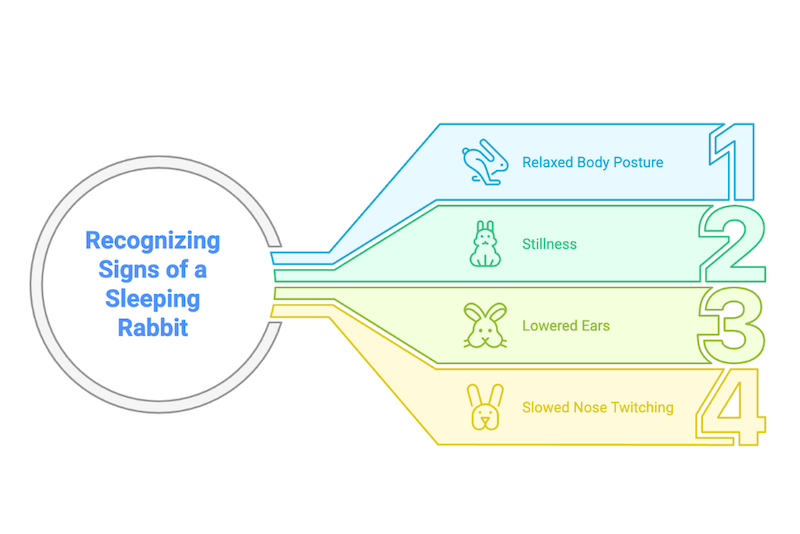
Rabbit Sleep: Creating the Right Environment
Now let’s talk about where and how rabbits like to sleep.
Spoiler alert: the environment you create can make or break their rest quality.
In the wild, rabbits dig burrows to rest and hide. These are dark, quiet, and cozy, exactly the kind of space your house rabbit will seek out if given the chance. Even indoors, they’ll gravitate toward enclosed areas or corners to snooze. That’s why hidey-houses or covered beds are must-haves.
Choosing the Best Bedding for Better Rabbit Sleep
One of the simplest ways to improve your rabbit’s sleep is by upgrading their bedding. A cozy, clean sleeping space not only helps them rest better—it supports their joint health, keeps them warm, and encourages relaxation in their environment.
When choosing bedding, there are a few key things to look for: softness, absorbency, and safety. Bedding should be free from strong scents, chemicals, and synthetic fibers. Avoid pine or cedar shavings, which can release aromatic oils that irritate your rabbit’s respiratory system.
Instead, go for options that are gentle and supportive. Many rabbit owners find that paper-based bedding or soft hay piles work best. These materials help control odor, provide warmth, and create a nest-like feeling rabbits instinctively love.
Don’t forget to spot-clean daily and replace soiled bedding regularly. A clean bed means a happier, healthier bunny—and better sleep for everyone involved.
Here’s how to create a perfect nap zone:
-
Keep it quiet: Rabbits are sensitive to noise. Try to place their enclosure or sleeping area away from the TV, laundry room, or busy hallways.
-
Offer soft bedding: Use hay, fleece blankets, or food-grade paper bedding to make it soft and snuggly.
-
Give hiding options: Cardboard boxes or small wooden houses help them feel secure.
Check out our blog, "Best Rabbit Habitat Setup" for habitat set up tips that can help you create the perfect home for your bun!
What Interrupts a Rabbit’s Sleep?
Even if you’ve built the perfect rabbit bed fortress, a few things can still disturb your bunny’s sleep. Let’s look at the most common ones and what to do about them:
-
Noise: Rabbits have sharp hearing. A barking dog, loud TV, or even a vacuum cleaner can wake them up instantly.
-
Light: Constant artificial lighting or sudden bright lights can mess with their crepuscular rhythm.
-
Temperature shifts: If it’s too cold or too warm, your bunny may struggle to get comfortable.
-
Lack of exercise: A bored or under-exercised rabbit may be restless. They need time to run, jump, and explore before settling down.
In some cases, poor sleep might be tied to an underlying health issue. If your rabbit suddenly stops resting or becomes hyper-alert, a vet checkup is the right call.
How Sleep Changes with Age
Just like with people, rabbits' sleep needs can shift over time. Baby bunnies nap a lot. They will have short bursts of energy and then will sleep again.
Young adult rabbits tend to sleep less during the day, especially if they’re still in that energetic, zoomie-loving stage.
As rabbits age, they often revert to longer sleep times. Senior rabbits nap more frequently and for longer periods.
Tips to Support Healthy Rabbit Sleep
If you’re wondering how to keep your rabbit’s sleep on track, here are some solid habits to build into your daily routine:
-
Set a predictable rhythm: Turn lights down in the evening, keep noise low when in their space, and feed them around the same time each day.
-
Give exercise time early or in the evening: Let them hop and have play time around at dawn and dusk, when they naturally feel more alert.
-
Watch their body language: If they seem tired but can’t relax, revisit their bedding or quiet zones.
-
Respect their space: Avoid picking them up or moving them during their sleep times unless it’s necessary.
By tuning into their natural patterns, you’ll help your bunny feel safer, healthier, and more balanced.
Sleep Disorders in Rabbits: Should You Be Concerned?
Thankfully, rabbits don’t often have sleep disorders like humans do. But there are a few red flags that might signal a problem:
-
Insomnia-like behavior: If your rabbit is alert and twitchy 24/7, they may be in pain or stressed.
-
Excessive daytime sleep: Sleepy behavior during playtime or ignoring food might be linked to illness.
-
Odd breathing during sleep: Labored breathing or loud snoring could mean a respiratory issue.
If you’re seeing anything that feels “off,” it’s worth talking to a rabbit-savvy vet. Quick attention makes a big difference.
Debunking Myths About Rabbit Sleep

You might have heard some odd advice or assumptions about rabbit sleep. Let’s bust a few myths:
-
Myth 1: “Rabbits sleep through the night like humans.” Not true. They nap on and off in short stretches and are most active during dusk and dawn.
-
Myth 2: “If their eyes are open, they’re awake.” Nope. Rabbits can sleep with their eyes open, thanks to a special third eyelid called the nictitating membrane.
-
Myth 3: “More exercise means less sleep.” Actually, it’s the opposite. Active rabbits sleep better, just like people do after a good workout.
Understanding their unique behaviors goes a long way in helping you care for your rabbit in a way that feels natural for both of you.
Why Rabbit Sleep Is Just as Important as Diet
When we think about a rabbit’s well-being, we usually think first about food and exercise. But sleep plays a major role too. Sleep helps their bodies repair, keeps their minds sharp, and improves their mood—yes, rabbits get grumpy when overtired!
Just like feeding them quality Timothy Hay supports digestion, restful sleep supports brain and immune health. It’s all connected.
Rabbit Sleep and Bonding Behavior
If you’ve got a bonded pair or group, you may notice something special—they like to nap near each other. Rabbits that feel safe with one another will often sleep side by side or touching. It’s a strong sign of trust and emotional closeness.
For those curious about bonding signals, check out our post on "Understanding Rabbit Bonding Indicators: Can They Be Friends?" It’s filled with helpful signs to look for.
Travel, Stress, and Sleep Disturbance
Trips to the vet, a move to a new home, or even rearranging the furniture can throw your rabbit’s sleep out of balance. Changes in their environment can create anxiety, and that often shows up in their sleep habits first.
Signs that stress is interrupting sleep include excessive hiding, restlessness, or even changes in appetite. The good news? Sleep patterns usually bounce back once things settle down.
If your rabbit is traveling or adjusting to a new space, try bringing along familiar objects—like their usual bed or a favorite toy. Scent and routine help ease the transition and support better sleep during stressful times.
Key Takeaways
-
Rabbit sleep is crepuscular—they’re most active during dawn and dusk and nap throughout the rest of the day and night.
-
They sleep 8 to 12 hours daily, but it won’t all be in one long stretch. Look for short, repeated naps.
-
Creating a peaceful environment helps support their natural rhythms—quiet, soft, and dim spaces are best.
-
Changes in sleep might be caused by stress, health issues, or aging—watch their habits and act early if something feels off.
Sleep Tight, Little Bun
Rabbit sleep may look different than what we expect, but it’s one of the most important parts of their day. Whether they’re dozing with eyes open or flopped sideways in a hay pile, your bunny needs sleep just as much as they need love, play, and good food.
Paying attention to their habits and honoring their rhythms doesn’t just help them sleep, it deepens the trust between you and your rabbit. And that’s a win for everyone.



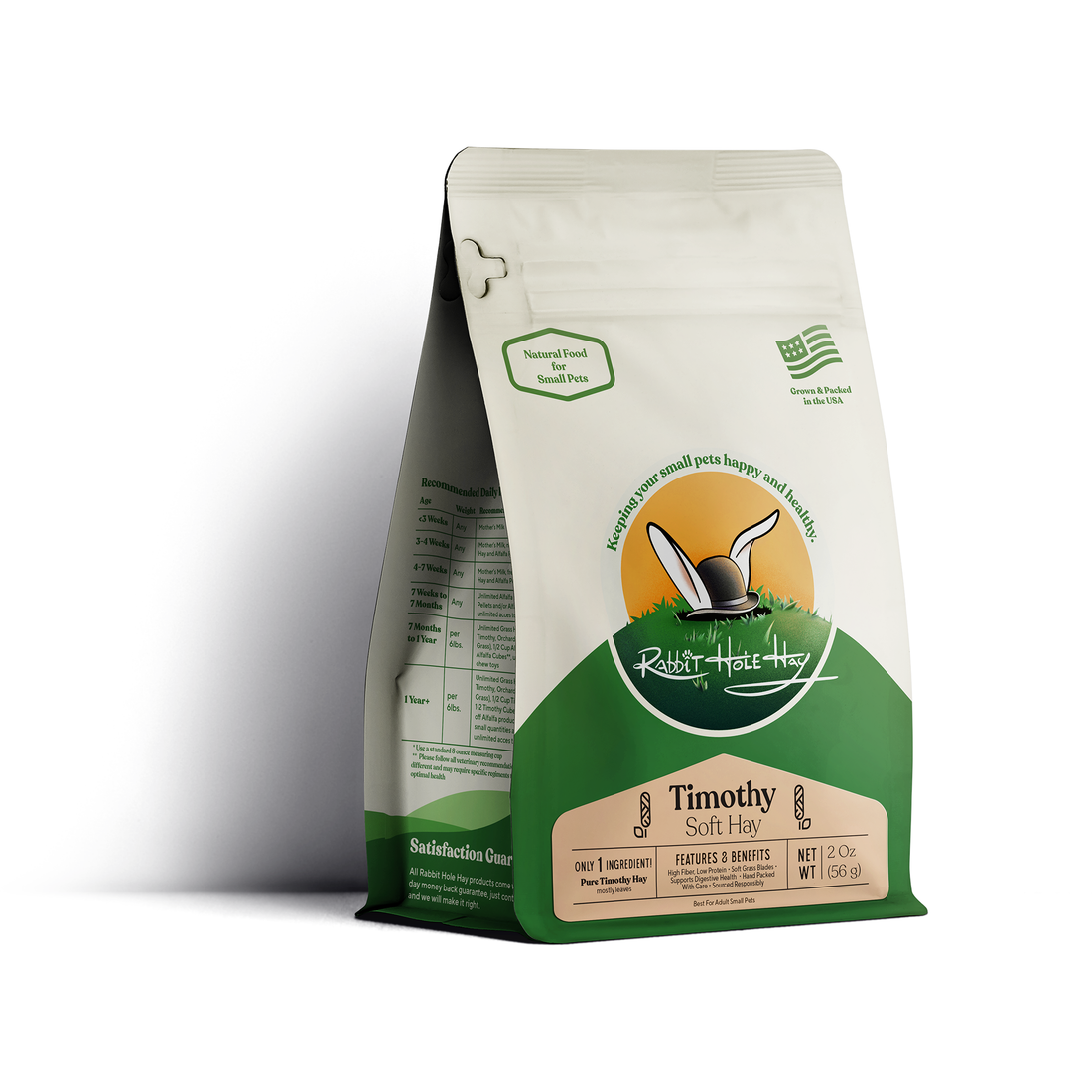



























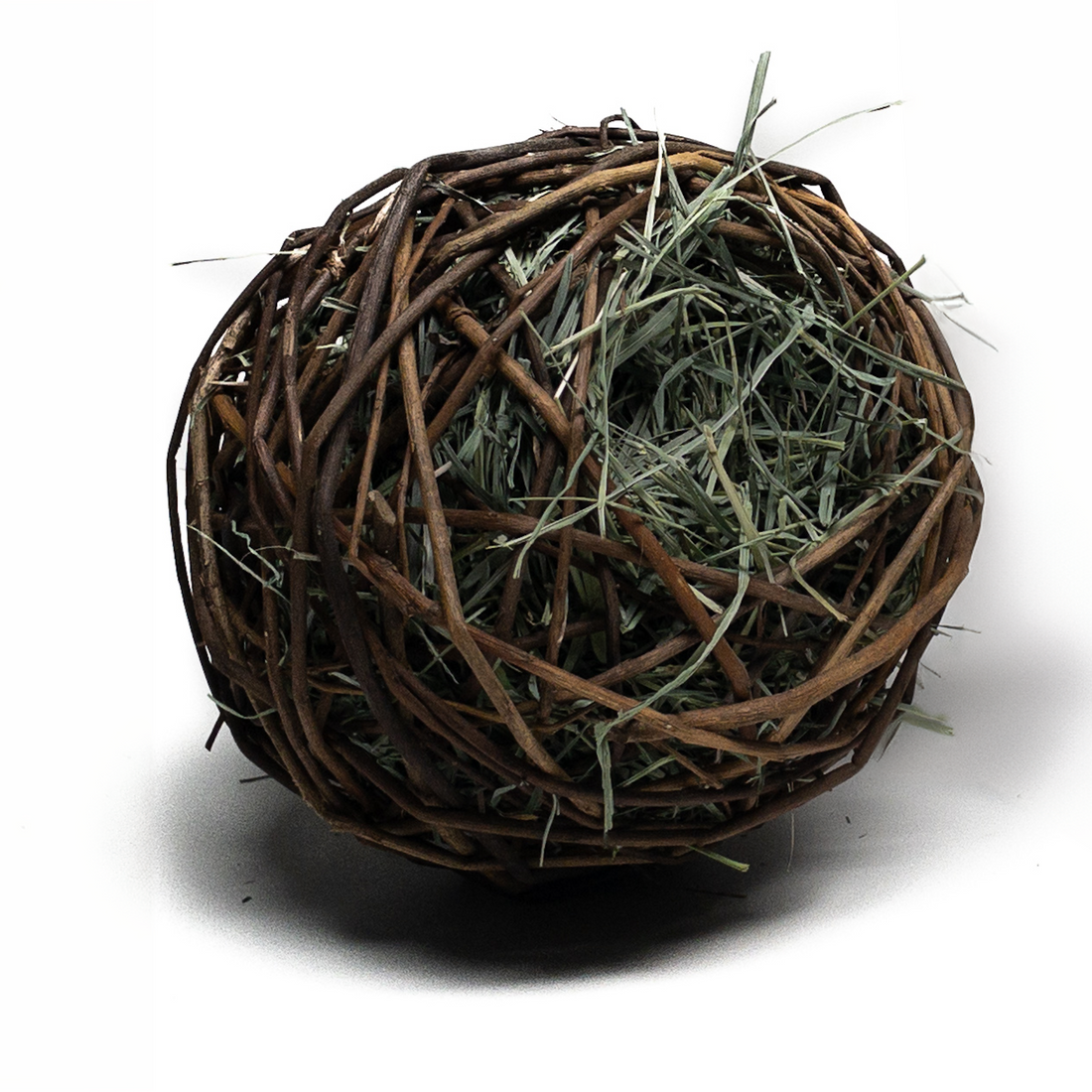










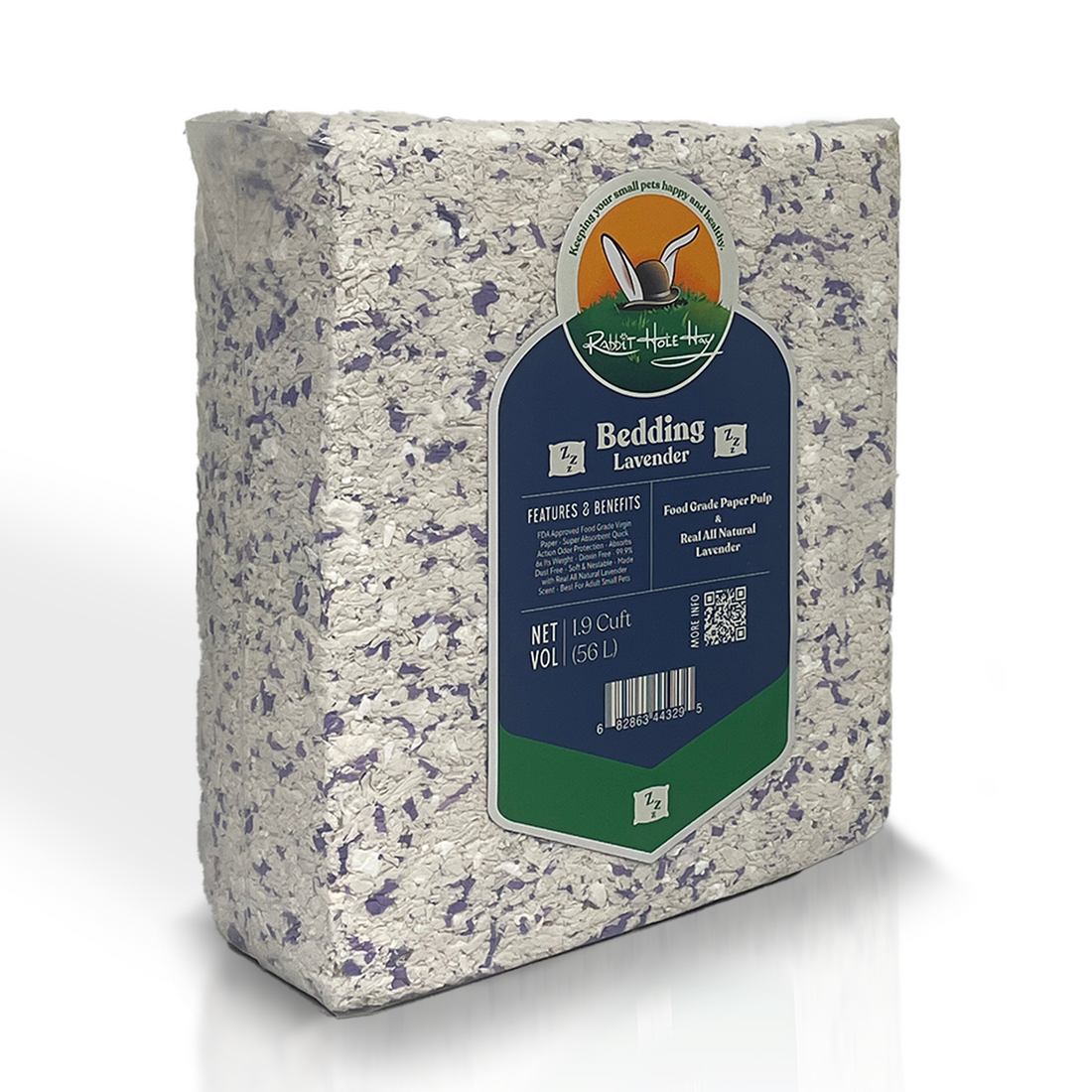



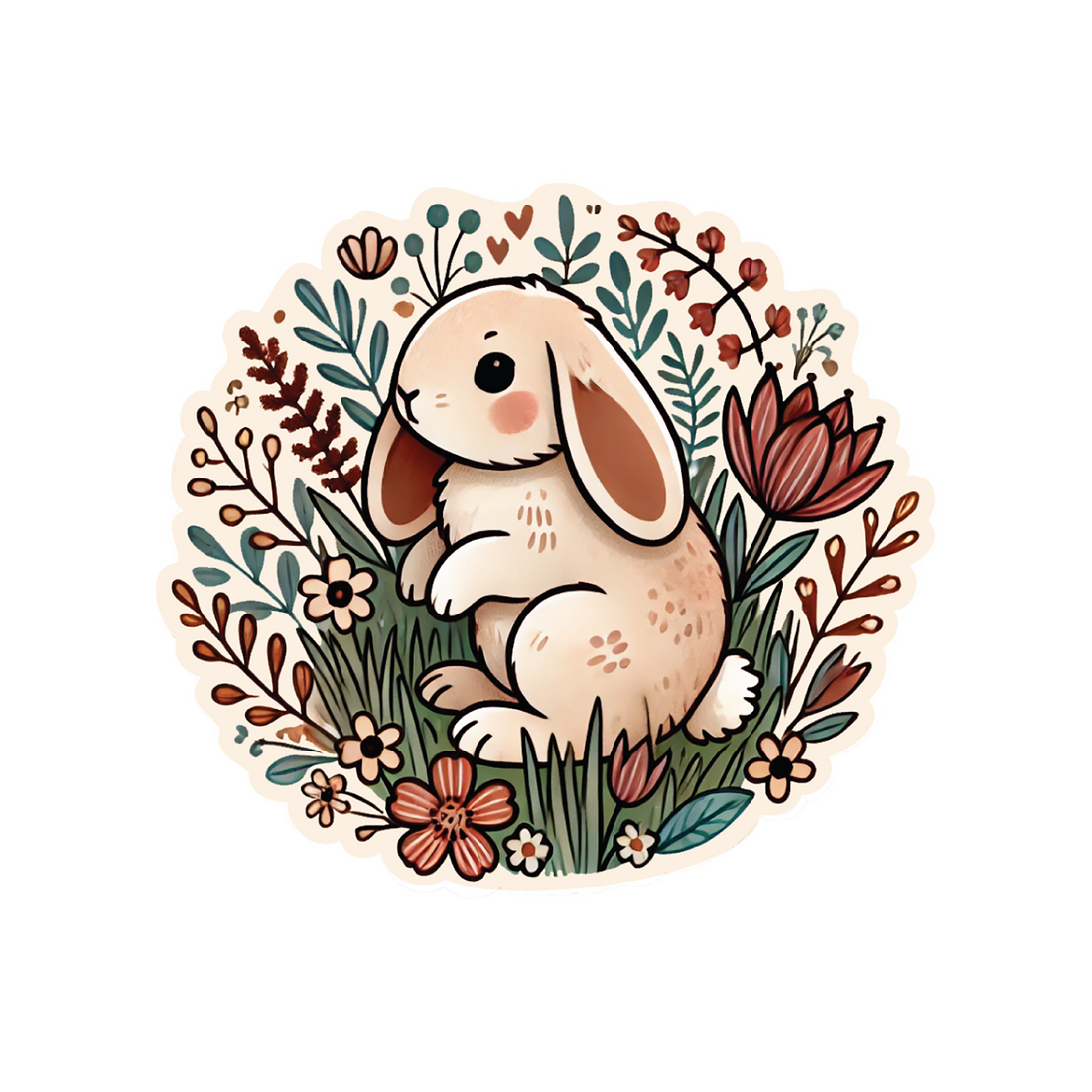



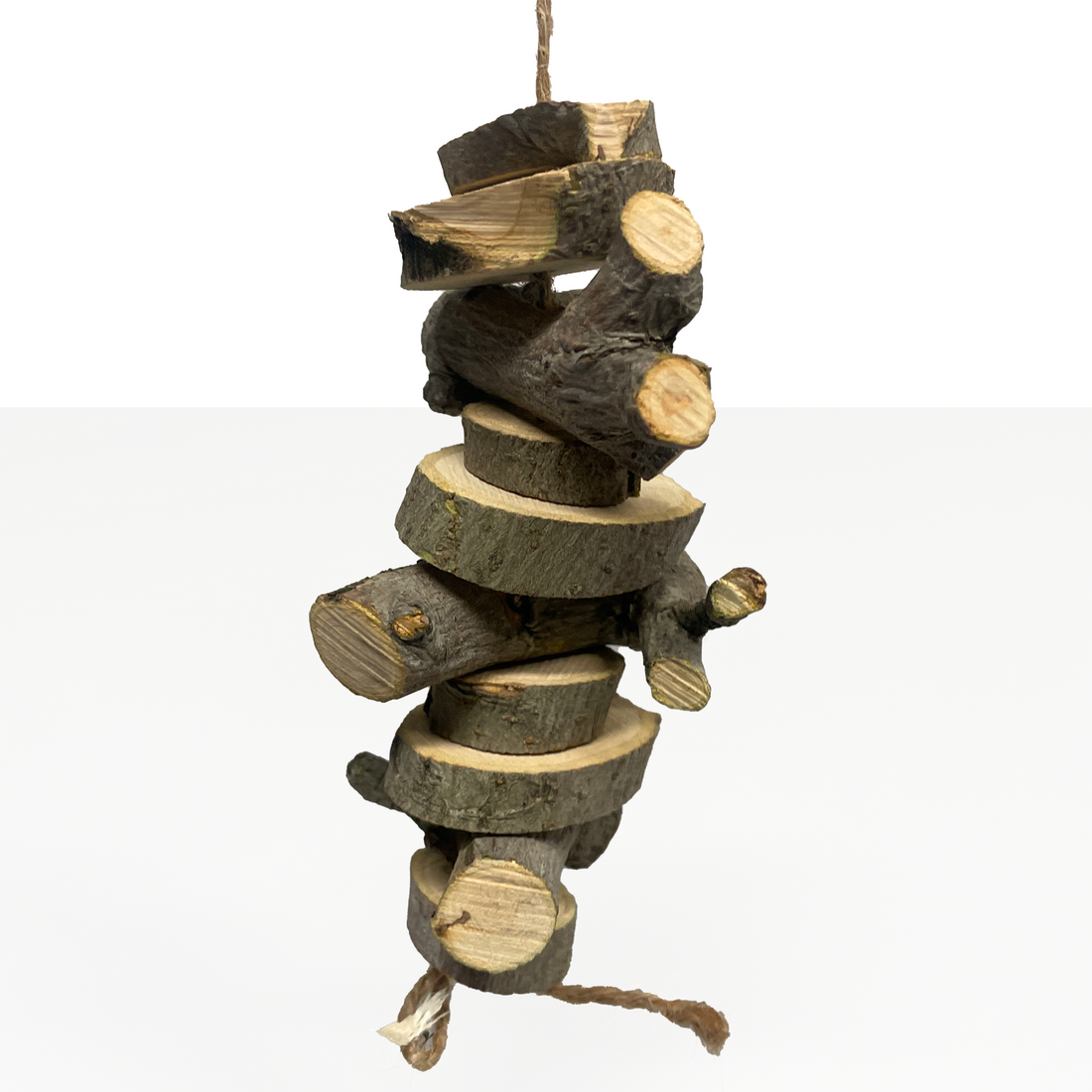













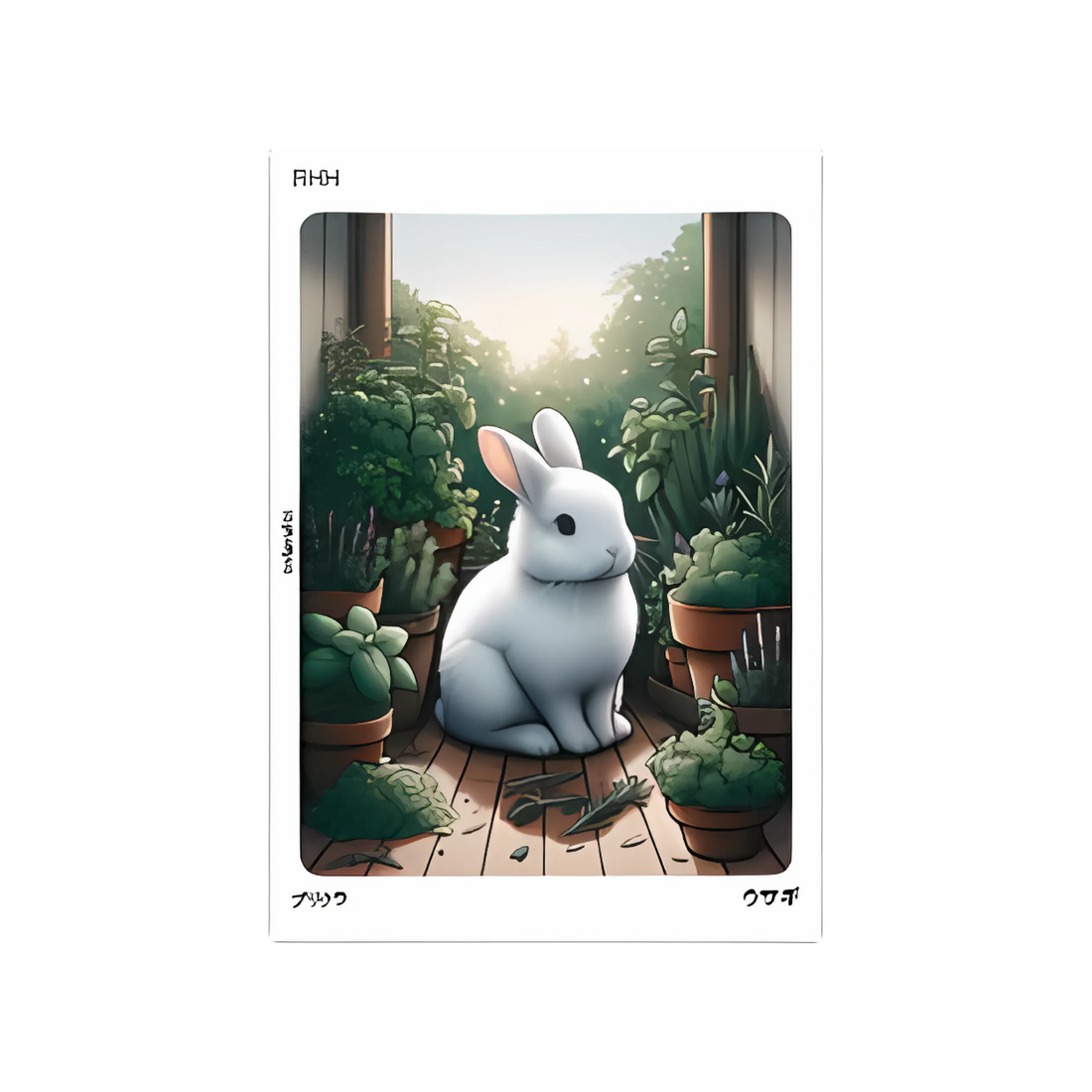








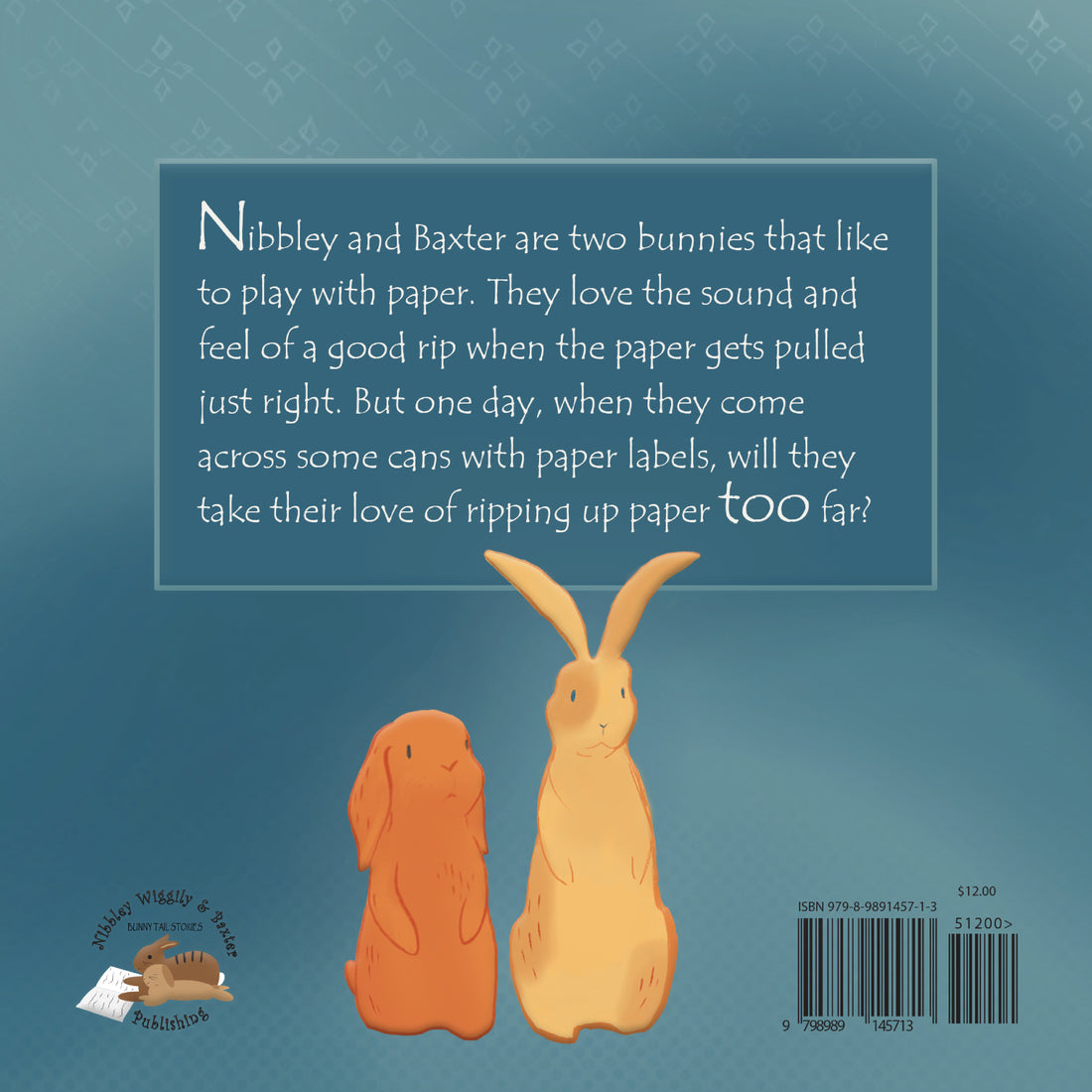

















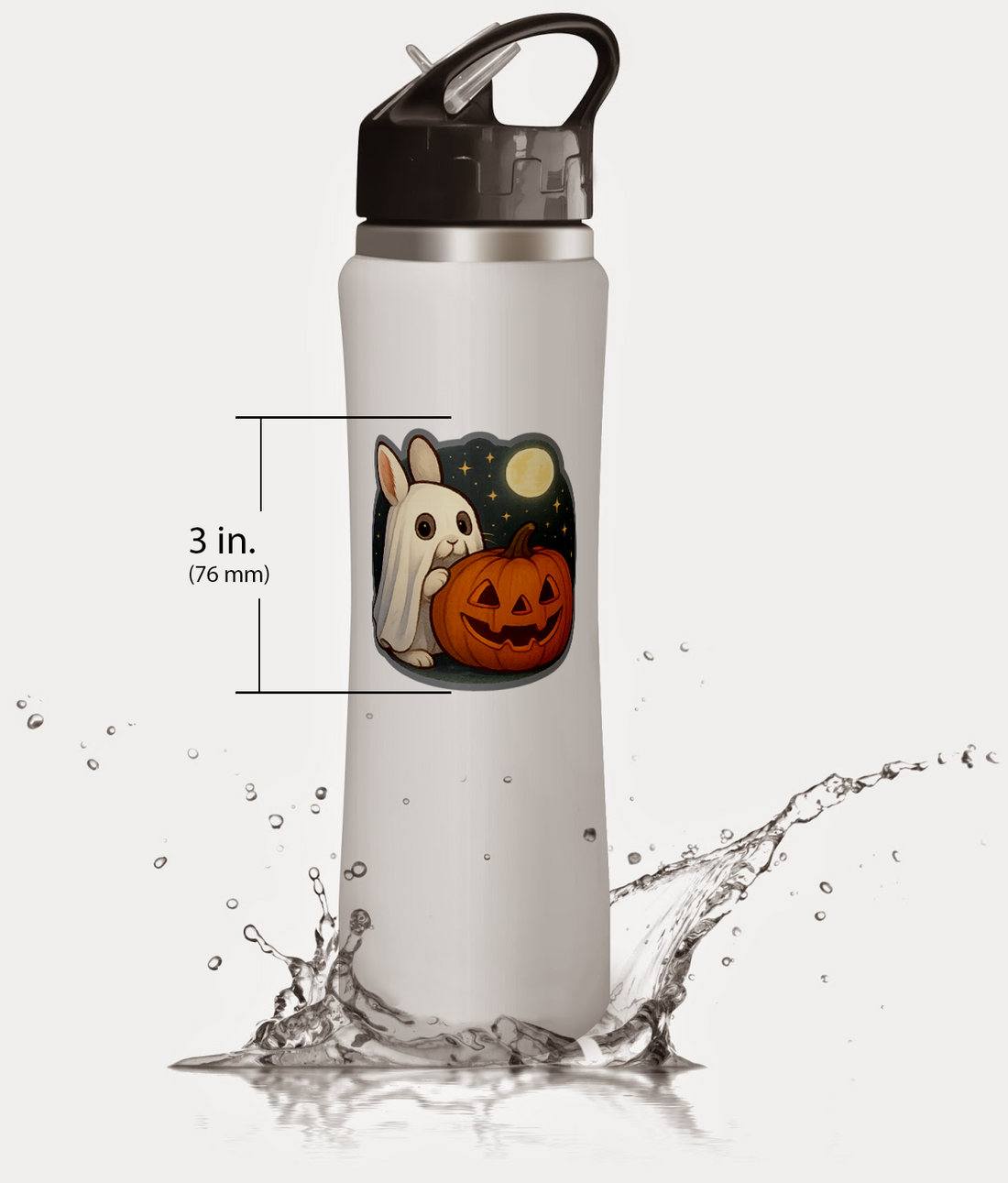












Comments